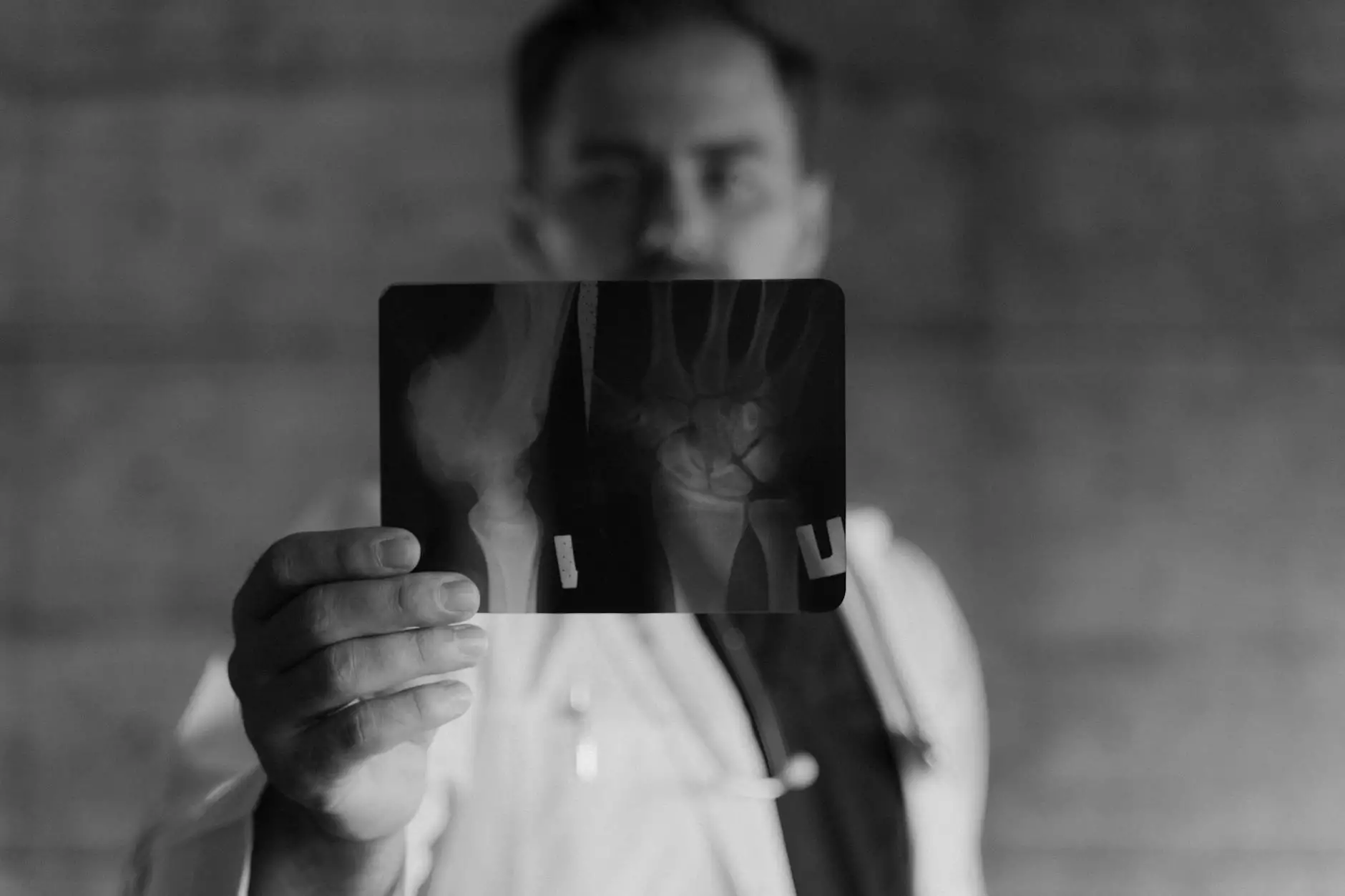The Essential Role of an MRI Service Engineer in Modern Healthcare

The healthcare industry relies heavily on advanced imaging technology to diagnose and treat diseases. One of the most critical elements of this technology is the Magnetic Resonance Imaging (MRI) system. Behind the scenes, ensuring that these complex machines operate smoothly is the MRI service engineer. In this article, we explore the vital role these professionals play in healthcare, the skills they possess, and the impact they have on patient outcomes.
What is an MRI Service Engineer?
An MRI service engineer is a specialized technician responsible for the installation, maintenance, and repair of MRI machines. These engineers possess a deep understanding of the technical aspects of the equipment, as well as a working knowledge of the clinical environment in which they operate.
Key Responsibilities of an MRI Service Engineer
The role of an MRI service engineer encompasses a wide range of responsibilities that are critical to the operational efficiency of MRI imaging centers. Here are the primary duties:
- Installation: Ensuring that new MRI machines are set up correctly and integrated into existing healthcare facilities.
- Preventive Maintenance: Conducting regular checks and maintenance to prevent equipment failures.
- Repair Services: Diagnosing and fixing malfunctions when they occur, often under tight deadlines.
- Calibration: Adjusting the equipment to ensure that imaging results are accurate and reliable.
- Training Staff: Educating healthcare personnel on the proper use of MRI machines to maximize safety and efficiency.
- Compliance: Ensuring that all equipment operates in accordance with health regulations and safety standards.
These responsibilities highlight the technical and interpersonal skills required for the job, showcasing how an MRI service engineer is not just a technician but also a crucial part of the healthcare team.
The Importance of MRI Maintenance
MRI machines represent a significant investment for healthcare facilities, often costing millions of dollars. Regular maintenance performed by a skilled MRI service engineer is essential for several reasons:
- Operational Efficiency: Well-maintained machines are less likely to experience downtime, allowing medical centers to serve more patients effectively.
- Quality Imaging: Regular calibration and servicing ensure that the images produced are of the highest quality, aiding in accurate diagnoses.
- Safety: Maintenance helps identify potential safety issues, protecting both patients and healthcare providers.
- Cost Management: Investing in maintenance can significantly reduce repair costs and extend the lifespan of MRI machines.
Through these services, the MRI service engineer aids healthcare institutions in maximizing their resources and capabilities.
Skills Required for an MRI Service Engineer
The position of an MRI service engineer demands a unique blend of technical aptitude, problem-solving abilities, and interpersonal skills. Here are the essential skills required in this field:
- Technical Proficiency: In-depth knowledge of MRI technology, electronics, and computer systems used in imaging.
- Analytical Skills: Ability to troubleshoot and diagnose issues effectively, analyzing complex problems to find quick solutions.
- Attention to Detail: Precision is vital in both maintenance and repair processes to ensure safe and effective operation.
- Communication Skills: Interacting with medical personnel to explain technical issues in layman’s terms and provide training.
- Time Management: Balancing multiple responsibilities and prioritizing tasks to minimize disruptions in a clinical setting.
Challenges Faced by MRI Service Engineers
Despite their crucial role, MRI service engineers face several challenges in their work:
- Rapid Technological Advancements: Keeping up with continuously evolving MRI technology and techniques can be daunting.
- High Stakes Environment: Working in hospitals often comes with high pressure; equipment failures can directly impact patient care.
- Training Requirements: Continuous education is necessary to stay proficient in new systems and standards.
- Regulatory Compliance: Navigating the myriad of regulations and safety standards governing medical devices can be complex.
Conclusion
The role of an MRI service engineer in the healthcare industry is undeniably vital. Their skillful handling of MRI machines ensures that healthcare professionals can deliver accurate diagnoses and effective treatment. As technology continues to advance, the demand for skilled engineers will only grow, solidifying their importance in the medical landscape.
At Echo Magnet Services, we recognize the pivotal role these engineers play and are committed to providing the necessary resources for their continued success. Whether it's through training, support, or innovative solutions, we stand behind the professionals who keep our healthcare systems running smoothly.
Explore More on this Topic
If you wish to delve deeper into the world of MRI service engineering and how it impacts healthcare, visit our website at echomagnetservices.com, where we provide extensive information and resources for health and medical professionals.



